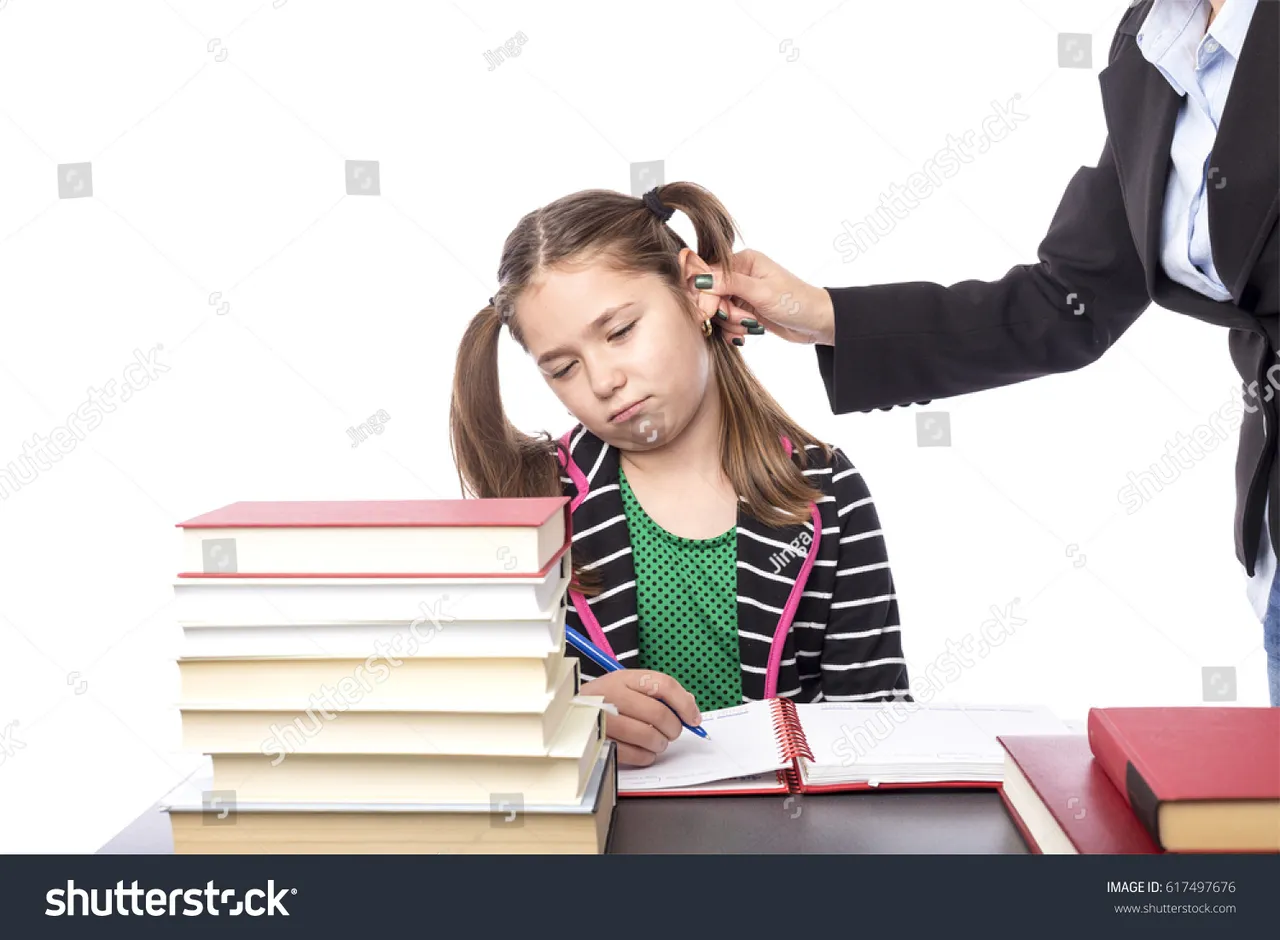
You may often punish your students for the mistakes they make, both in class and in the school environment. I've done it too.
Each teacher has their own way of giving punishment to their students. From some of my experiences, I see that there are three types of teachers dealing with students in the classroom. The first type is a fierce, angry, and assertive teacher. This type can easily punish their students directly. The punishment is very diverse, ranging from physical punishment and verbal punishment. However, these punishments do not intend to hurt the students' feelings. The teachers reasoned that this punishment deserves to be disciplined for the students.
While the second type of teacher is an apathetic teacher. This teacher rarely punishes their students. Sometimes they do not care about the students' behavior. The third type of teacher is the teacher who often advises students when they make mistakes.
Student punishment must be applied. However, the problem here is the absence of specific rules regarding punishment based on the degree of mistakes made by students. I can understand it because the students' behavior and teacher style are different.
Then, what causes teachers to easily punish their students?
Teachers often position themselves as executors in the classroom. Teachers rarely position themselves as facilitators. This paradigm has become a kind of inheritance still held by teachers. So when students make small mistakes in the classroom, teachers easily punish them without any attempt to understand the student.
Unlike the teachers who position themselves as facilitators, teachers will find out why the student is doing something wrong. It does take time. So, teachers can talk to students who make mistakes outside of school hours. Let's look for the best solution for them.
It is a good idea that before the lesson begins, teachers and students must make arrangements about what is allowed in the classroom and what is not allowed in the classroom. This agreement can be determined at the first meeting at the beginning of the semester. Well, when this "special rule" has been determined, students are required to obey this rule. If not, then they must be prepared to accept all the consequences.
Education requires a sustainable process. The goal of students to study at school is not just to acquire knowledge, but also to learn to discipline.